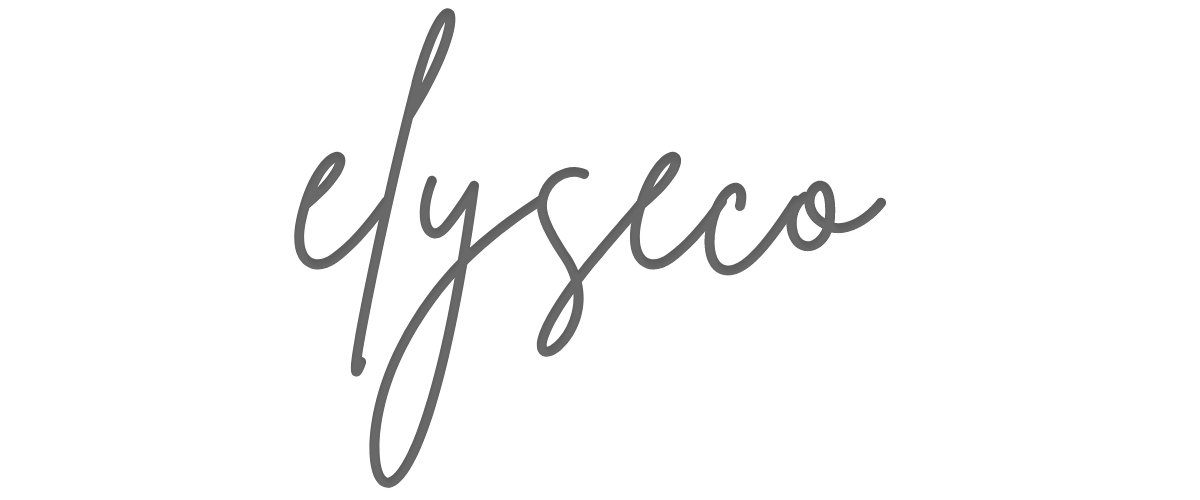Leaders need to reflect on the past year as the year ends. If you are planning, strategizing, and setting intentions for the next year, it is essential to reflect on the past year before making new plans for the future.
Why Reflect on the Past Year
There are many reasons to reflect on the past year. Some of those reasons include the following:
- creating space between this year and next year
- addressing things that need to be changed
- celebrating what has been accomplished
- planning for next year
Reflecting on the past year creates a separation between the current year and the following year. It is a crucial distinction in your mind to close one year before going into the following year, especially if you want to make significant changes.
Reflecting on the past year also helps you decide what you liked about this year and what you want to change moving forward.
Resources:
- 3 Ways to Feel Less Overwhelmed at Work (free guide)
- 5 Way to Prepare for Q4 (blog post)
Reflecting on the past also helps you pause and recognize the things that you have accomplished and take a moment to celebrate those accomplishments. It also gives you a framework for creating a plan for the new year.
How to Reflect on the Past Year
You can use this exercise to reflect on the past year of your life, the past year for your company, your team, or your career.
You can start by just thinking about the past year. The things you did, the places you went, the people you saw, who you spent time with regularly, what your habits are, just anything but keep it contained to within the past calendar year.
If you need help jogging your memory or more specific questions, you can use some of the journals prompts from 75 Leadership Journal Prompts for Career-Driven Women. Or you can use your calendar to remind you of what you have done in the past year.
Then, start asking yourself specific questions to reflect on the past year. Ask yourself:
- What went well last year?
- What am I proud of?
- What didn’t go so well last year?
- What do I want to improve?
- What things do I want to continue doing next year that I am already doing?
- What do I want to let go of?
- What was the most significant accomplishment in the last year?
- What was my favorite memory of the last year?
- What brought me the most joy in the last year?
- What brought me the most pain in the last year?
- What do I want to try in the new year?
- If it was one year from today, what would I be happy with accomplishing?
- How are things different than they were one year ago?
Could you spend some time thinking about specific answers to these questions? It can also be helpful to list out what you know to be true about your circumstances as separate from how you feel about them.
Example: I’m in a job I hate with people who don’t respect me. This would be your thought versus the facts of the circumstances: I’m an account executive at X company. I have worked for this company for three years and have yet to get a promotion or a raise. I feel resentful.
Plan for the Future
After you have taken time to think about the past year, your accomplishments, what has changed, what has stayed the same, what you want to continue doing, and what you want to change, you can start planning for your next year.
- What is my vision for the new year?
- What is my current plan for reaching my vision?
- What will stop me from reaching my goals?
- How can I put a plan in place to overcome the things that will stop me?
A Closing Note
Reflecting on the past is important for all leaders. It is important to take some time to think about what is working, what is not working, what you want to change, what you want to try to do differently and how you could go about making those changes.
If the past year didn’t go the way you wanted it to, that doesn’t mean that next year has to go that way too. You are capable or making a plan or changing and of reaching your goals.
Make sure you grab the free guide: 3 Ways to Feel Less Overwhelmed at Work if you want to think differently about your role at work.

